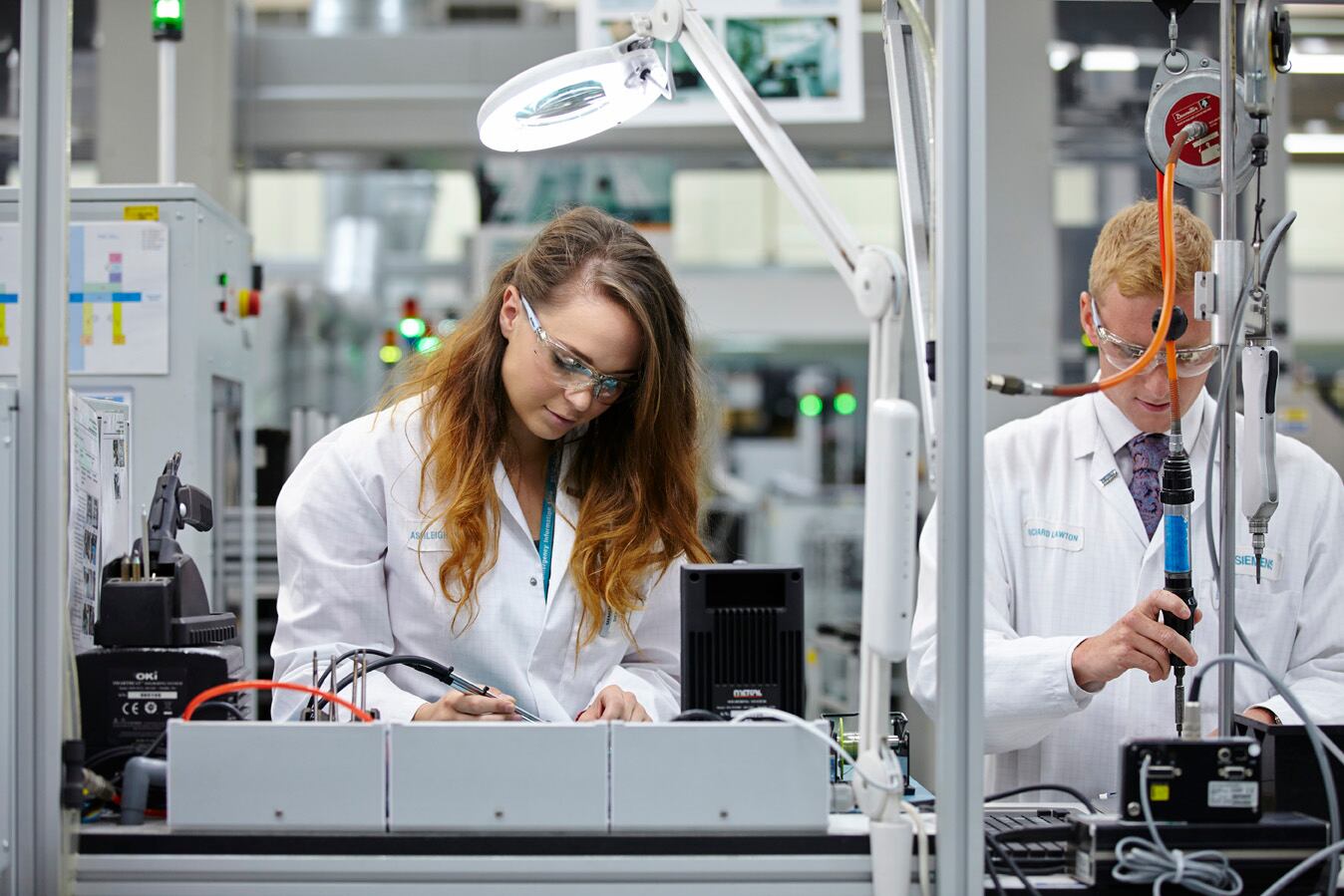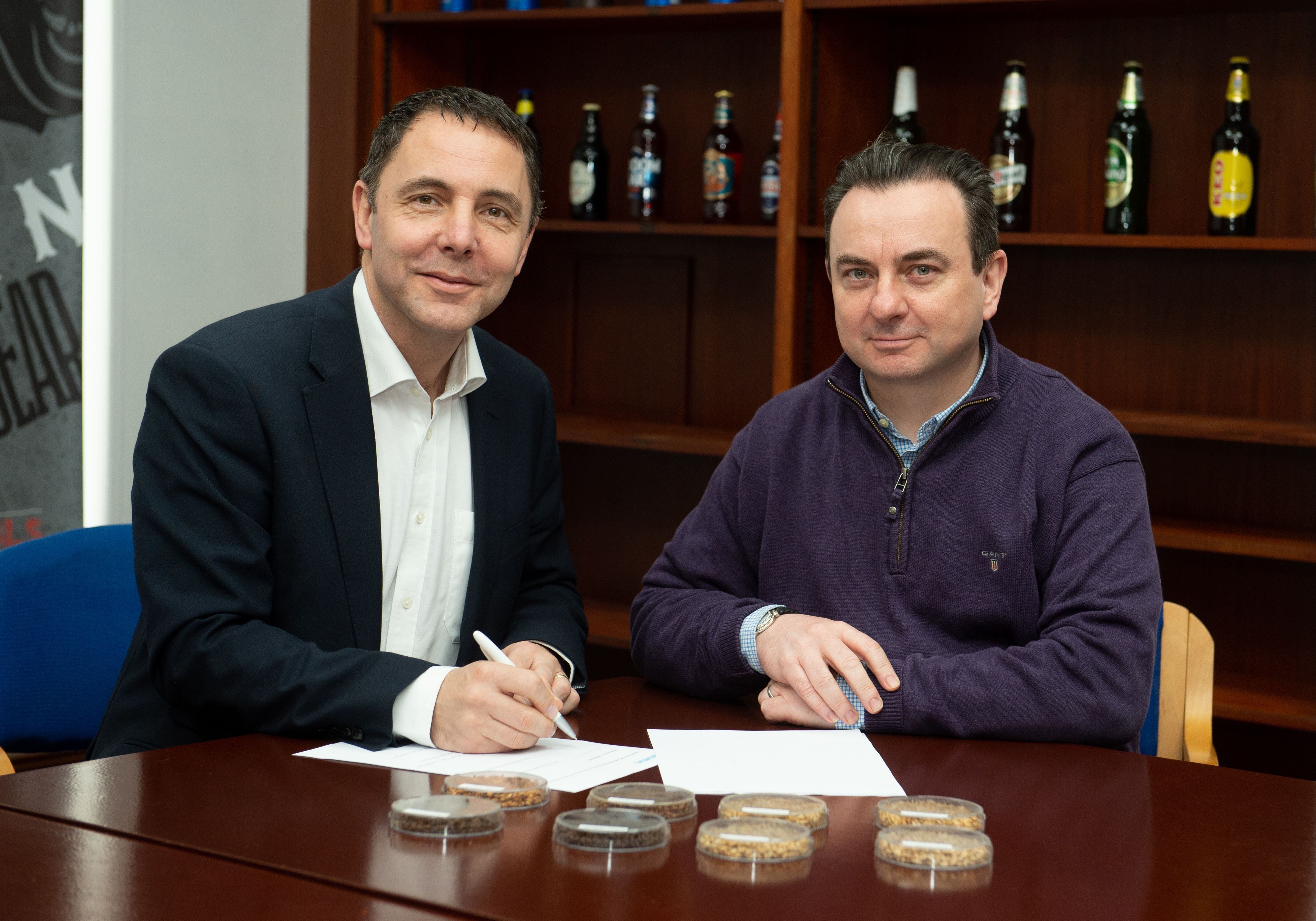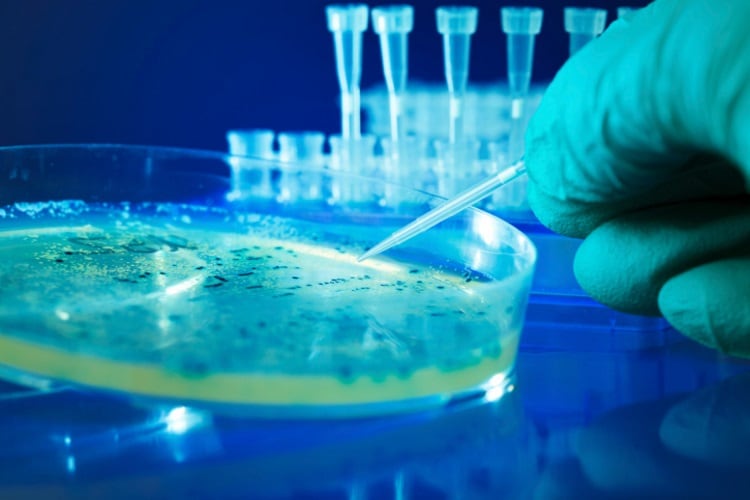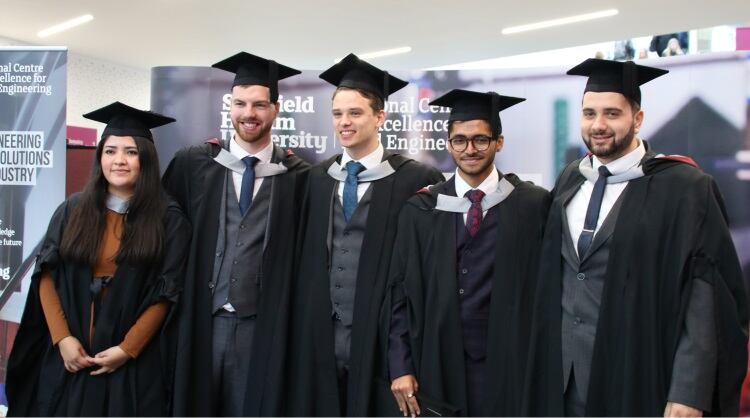Speaking at a press tour of its digital factory in Congleton, Cheshire, Brian Holliday, managing director of Siemens Digital Industries said: "AI is one of a number of technologies we are looking at. We can take data input and look at things like linear degradation.
"We look at predictive systems. We are looking at wear rate on the tools we are using in production and that's giving us 12-36 hours' notice of failure so we can intervene and fix that."
Extrapolating data analytics to predict failure rates was one of the core capabilities of AI as far as Siemens was concerned, he said.
Factory of the future
Siemens' 'factory of the future' is a working manufacturing plant, which has applied a wide range of industry 4.0 processes and advanced manufacturing methods to boost production from 50,000 units to more than 1m electrical devices annually. These include 500,000 variable speed drives, which control motors, fans and pumps for equipment such as conveyors and refrigeration units.
The factory uses virtual reality and digital twins to de-risk prototyping of products by creating virtual models, and to map out how machinery is configured in factories for maximum efficiency. This minimises the amount of time needed to install and integrate sections of production line on the factory floor. The technologies are also used to safeguard health and safety by determining factors such as the optimum reach necessary for staff at workstations.
Virtual CAVE
Much of this work takes place in Siemens' virtual CAVE (Computer Aided Visual Environment), a 3D glasses-enabled digital demo of the production area.
The major driver behind this approach was the need to respond to orders and deliver parts more quickly than competitors, Holliday said.
Advanced robotics, cloud technology and additive manufacturing are also used at the factory.
Change in skillset
Introduction and use of these approaches had not dramatically cut employee numbers, rather it had driven a change in skillset, said Holliday. "[The shift from] 50,000 to one million units has been supported fully by the local workforce."
He said the technological development at Congleton had been substantial over the past 10 years and overcoming the culture shift from largely manual to largely automated production had been challenging. However, he added many people had successfully made that transition. "It has been tremendous seeing people's capability develop."
Managing director of Siemens Congleton Andrew Peters leads a team of 550 personnel, including apprentices and graduates and 60 research and development engineers.
The smart factory in Congleton is part of Siemens Digital Industries, the new specialist digitalisation and industry 4.0 division of Siemens.




